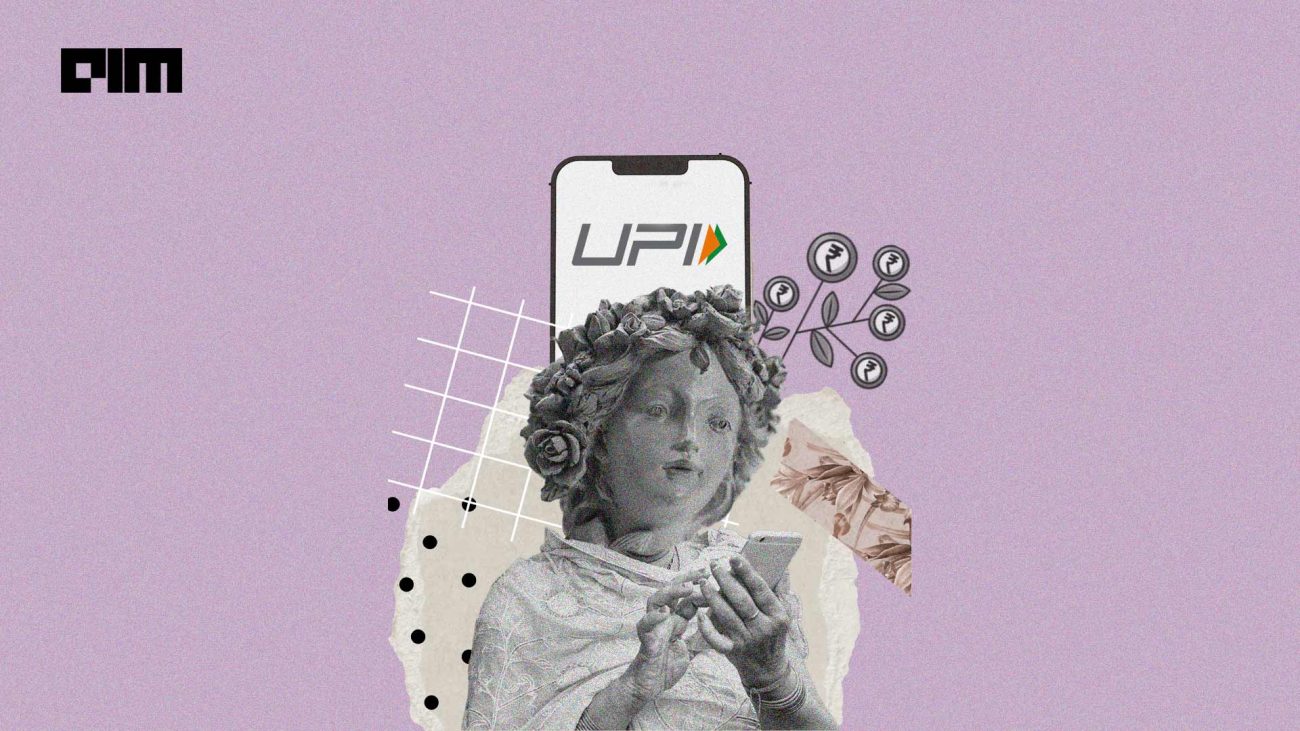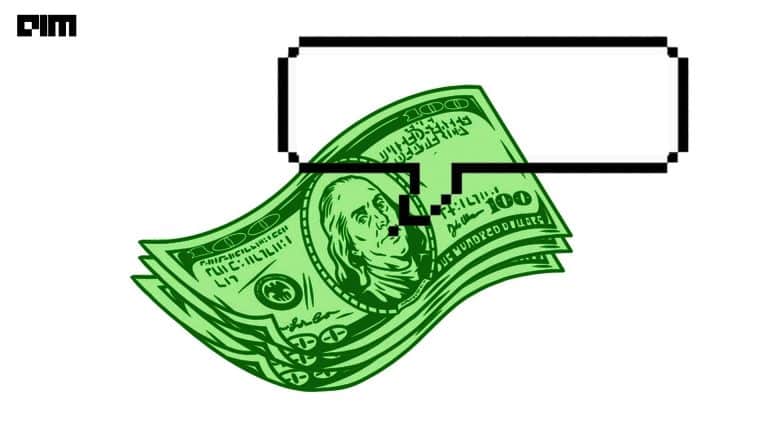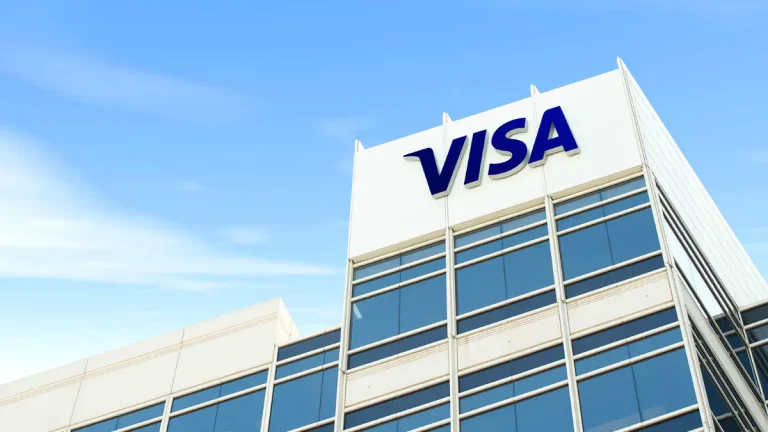UPI enables 2,348 transactions every second. The total UPI transaction value accounted for nearly 86% of India’s GDP in FY22 with about INR 125.95 lakh crores transacted through it. The UPI payment has revolutionised the payment system in India, something that even the US is far from achieving. Interestingly, the country has an extremely unique case study in the payment system.
When it comes to the list of countries with the most digital transactions, the world superpower ranks at an embarrassing 7th position—even lower than Nigeria.
USA—a country which produced successful big tech companies like Apple, Google, Facebook, and Microsoft and which also played a big part in the Internet revolution—is failing at the banking revolution.
Saraswathi Ramachandra, the director of Citi, told AIM that, “USA already has a card-based network for payment systems—built by VISA/Mastercard. Everyone has at least one debit/credit card and is widely used everywhere”.
UPI Problem in USA
Card companies like these are perhaps the main reason why the country can’t have a system like UPI. Lobbying in the US is legal and they often lobby against any practices that might impact their revenue.
The card lobby is so strong in the US that when Indonesia was launching its new domestic payment network, US trade officials convinced Indonesia to loosen the rules at the request of card networks like Mastercard and Visa. In India too, when the government was planning to restrict Visa and Mastercard, the card companies reached out to the US Trade Representative (USTR) raising concerns about a “level playing field”.
USTR then had to issue a memo saying, “Visa remains concerned about India’s informal and formal policies that appear to favour the business of National Payments Corporation of India (NPCI) over other domestic and foreign electronic payments companies”.
Ramachandran too, believes that “the US federal government doesn’t want to compete with the private sector by creating an alternative payment system”.
Lobbying in the US is so widespread that in 2019 alone, lobbyists spent $3.47 billion on influencing political policy, representing the highest sum spent on lobbying since lobbying spend peaked in 2010.
The US conventionally thrives off of its private sector but whenever a new idea is able to derive profits from legacy companies, they try to nip it in the bud. For instance, when Bitcoin was gaining popularity in the country, legacy banks like the Bank of America and JPMorgan called cryptocurrencies a threat. At the world economic forum in 2018, Jamie Dimon, the chief executive of JPMorgan Chase, called Bitcoin a “terrible” store of value.
Likewise, instant systems like UPI don’t make money for the banks in the US, or any banks for that matter. UPI, so far in India, has been unprofitable for banks as well as instant payment applications like Google Pay, Paytm, PhonePe and others. “USA has other instant payment systems such as PayPal or chase-pay, Apple Pay and others,” says Ramachandran, “and while these don’t have instant payment systems like UPI, the market has been built already and there’s inertia to change”.

Apple Pay in the US, for instance, is just a credit card but on mobile and the customers are charged per transaction on the system. To shift from such a system to one like in India—where customers are charged zero rupees per transaction and instant payment applications are running in losses—is an unfavourable scenario for the first world banks.
“Banks are ready as long as there’s money in it!” says Ramachandran, “They make huge profits via charges for payment services via MDR which is currently paid by merchants and as long as this is maintained, banks will be willing”. Ramachandran further asserts that banks in the US are not ready for a free instant payment system like UPI.
Additionally, it’s not like the US hasn’t attempted to build an instant payment system. An example of such a system would be ‘FedNow’. Announced in 2020, the system is increasingly basic and can be compared to the RTGS system in India which was launched way back in 2004. Moreover, while UPI insists banks do not charge a transaction fee, FedNow encourages banks to charge transaction fees from their customers.
USA is financially inclusive, India wasn’t
Another significant reason behind the success of UPI in India was lack of adoption of credit/debit cards. Around 2014–15, India had a mere 21 million credit cards in the population of more than a billion. In 2011, only 35% of the Indians had bank accounts, opposed to 80% in 2017.
In India, where there was no digital or card-based payment system in place, it was a necessity to build a system like UPI that enabled fast, reliable and hassle-free digital transactions. Such is not the case in the US, where most of the population has access to debit/credit cards, thereby making it much harder to adapt to a new payment system.

































